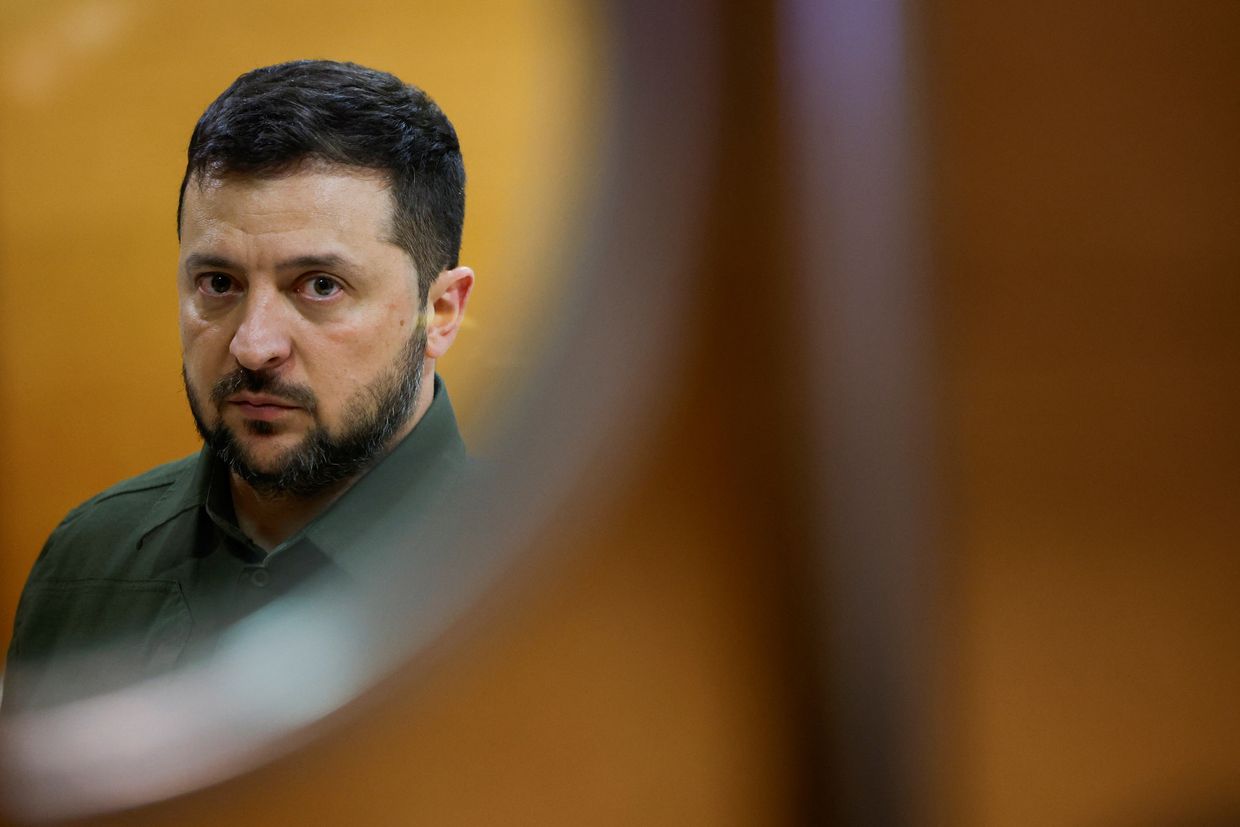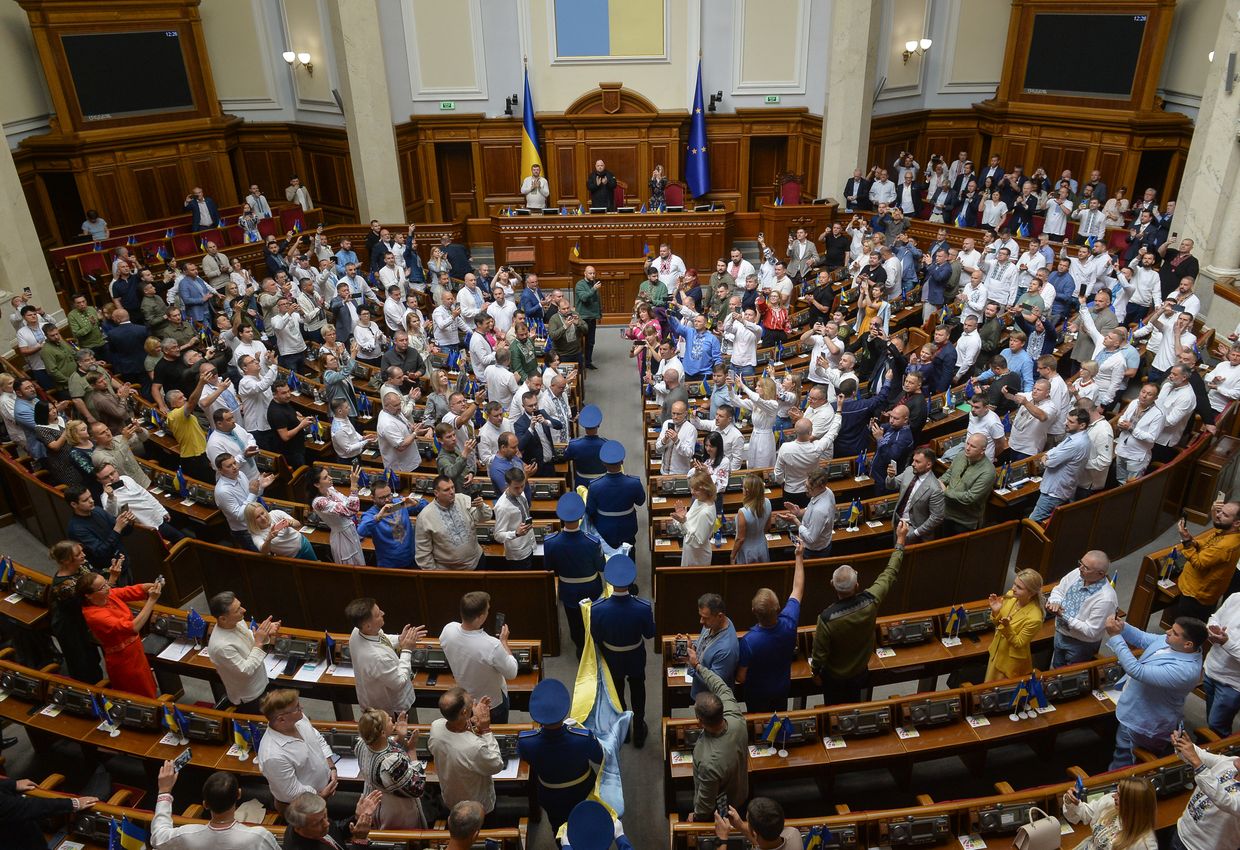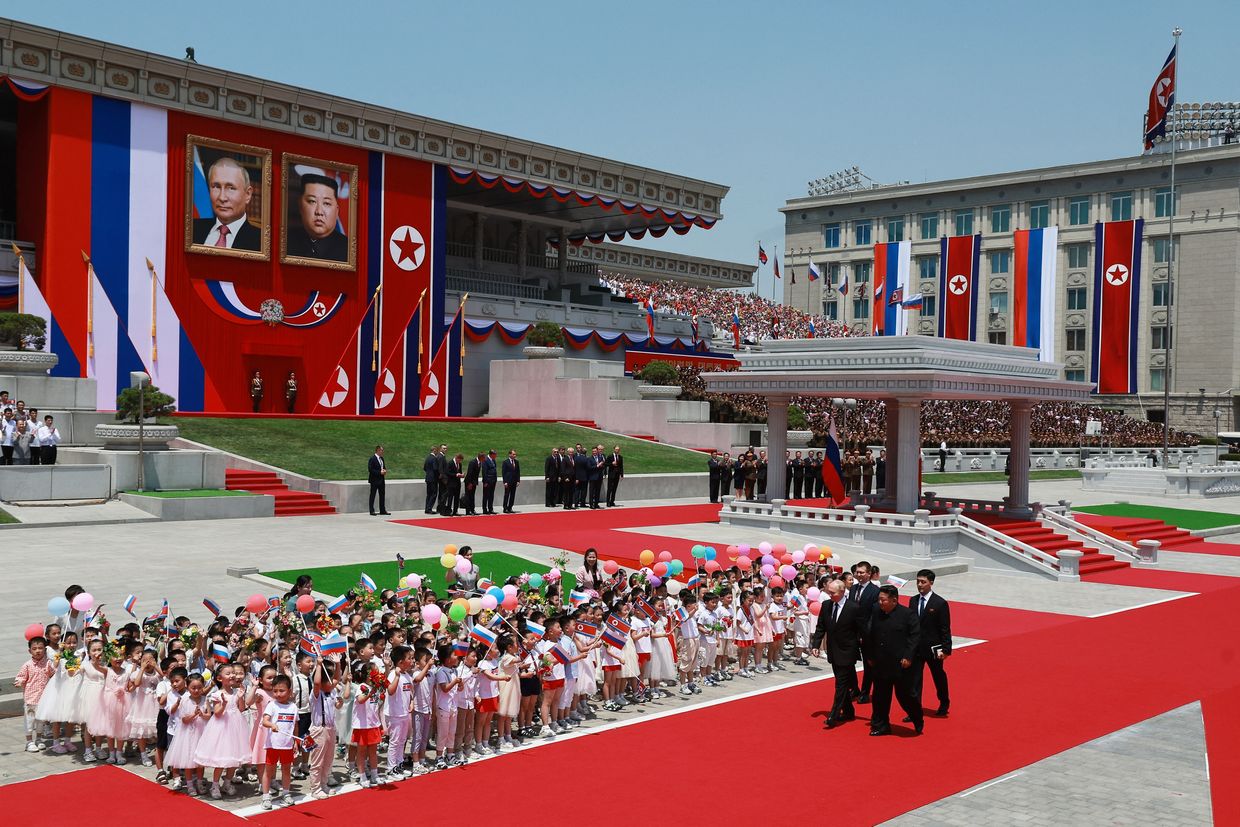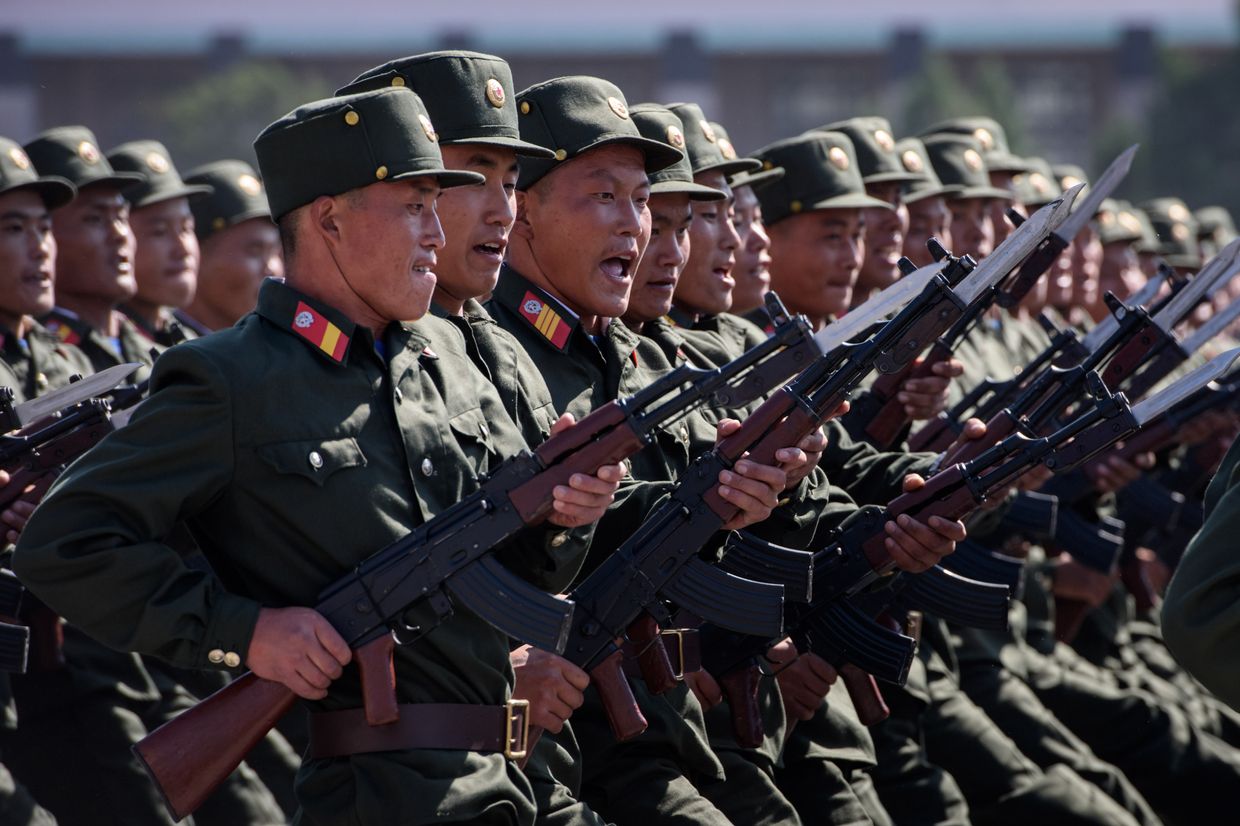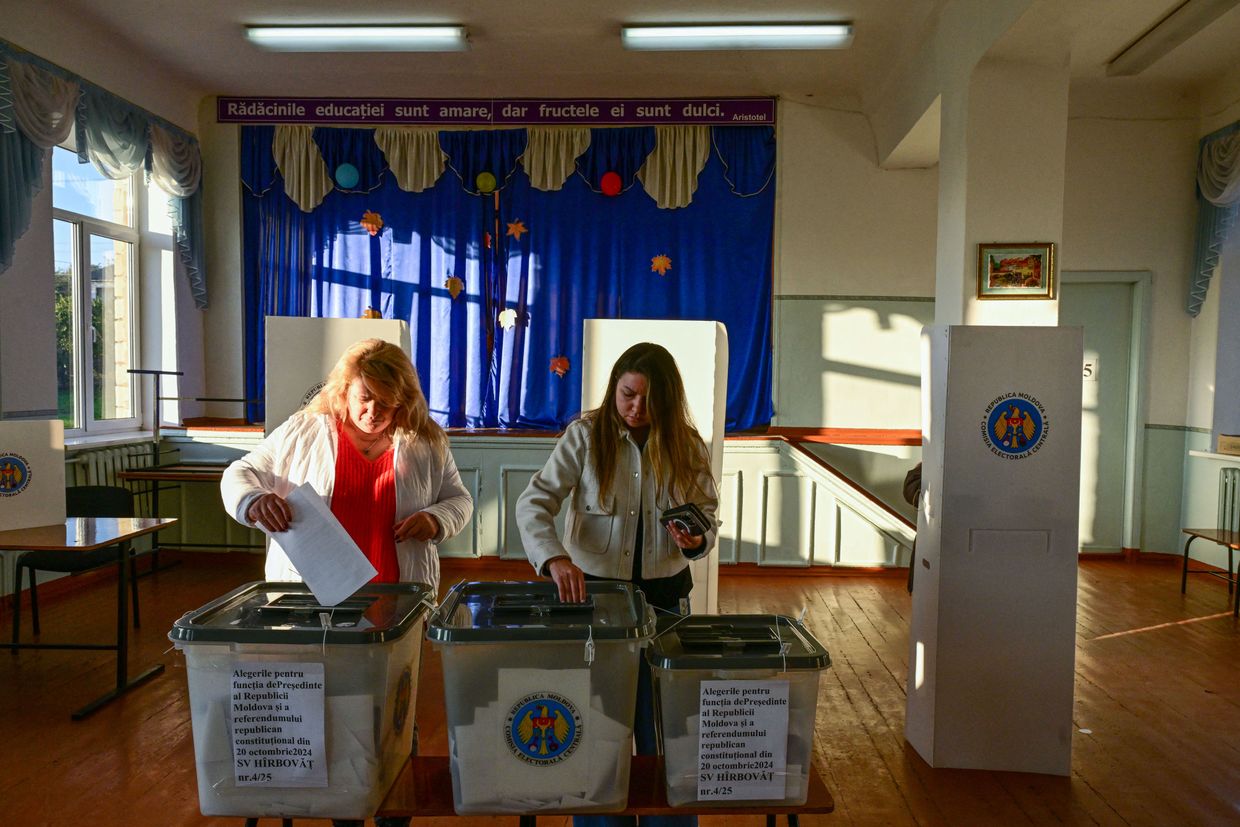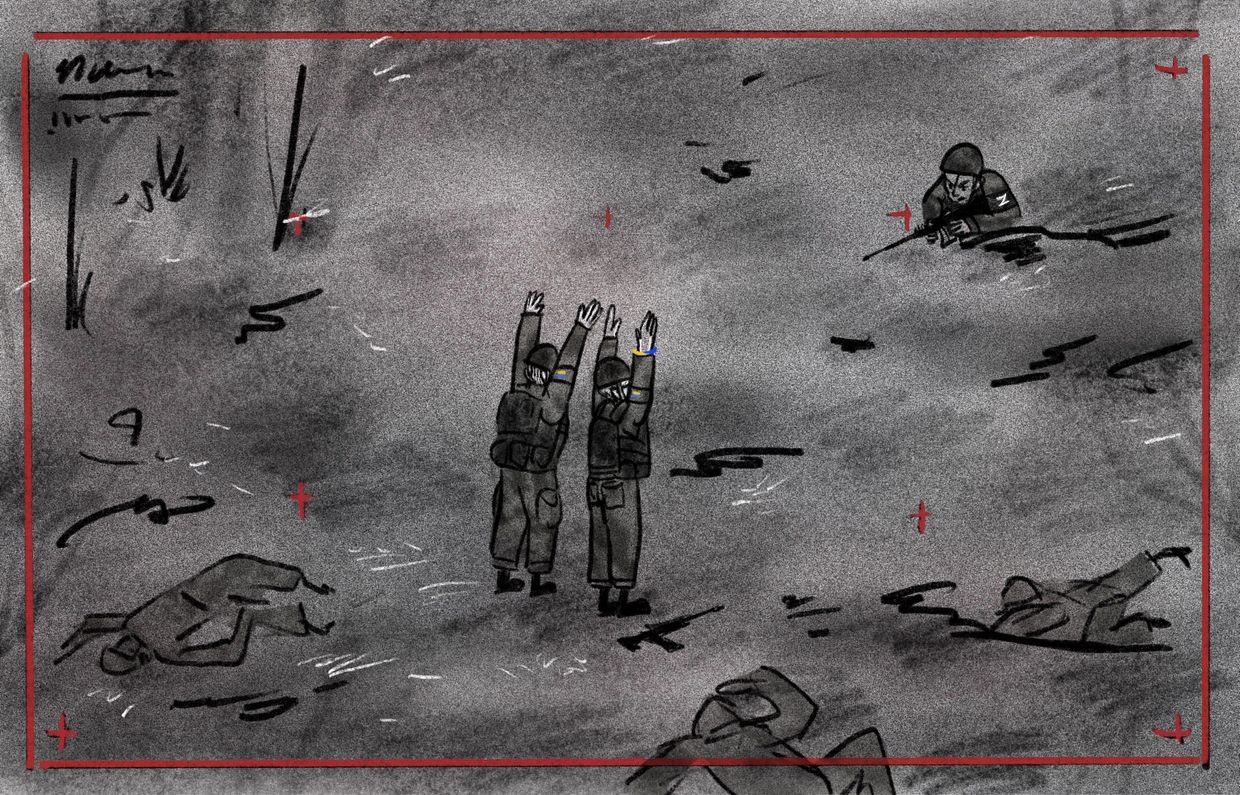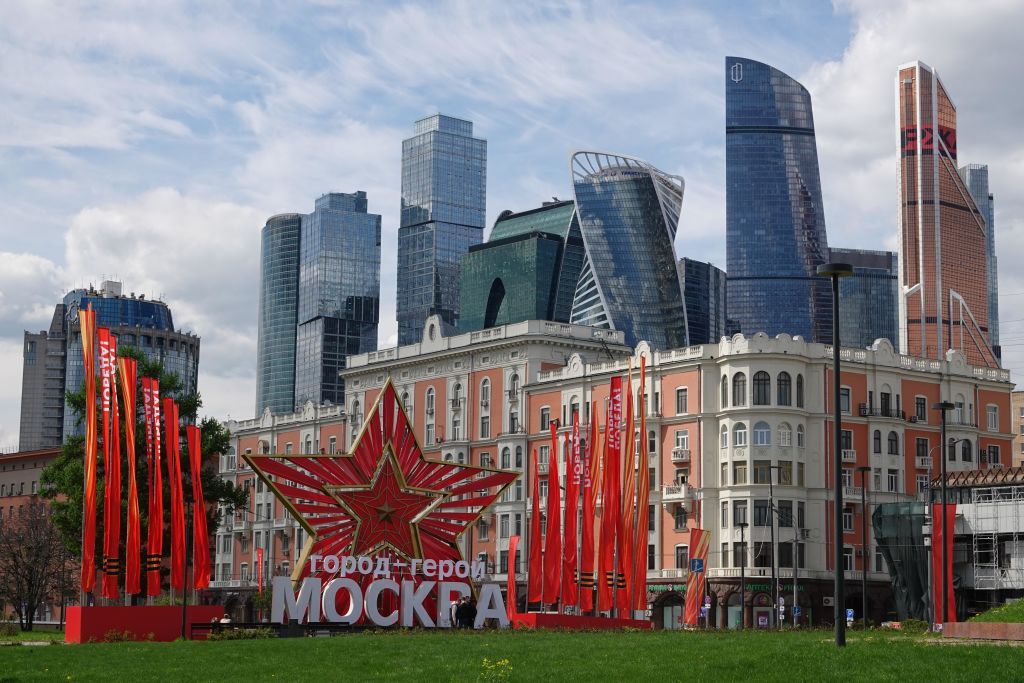Editor’s note: This is issue 50 of Ukrainian lawmaker Yaroslav Zhelezniak’s weekly “Ukrainian Economy in Brief” newsletter, covering events from April 1- 7, 2024. The digest highlights steps taken in the Ukrainian parliament related to business, economics, and international financial programs.
The Kyiv Independent is republishing with permission.
IMF benchmarks in focus
The Tax Committee recommended the first reading of a draft law on restarting the Bureau of Economic Security that doesn’t meet international requirements, the Justice Ministry insists that the text was approved by the IMF and the EU.
On April 8, the Committee on Finance, Tax and Customs Policy recommended for a first reading a revised version of draft law #10439 on the restart of the Bureau of Economic Security (known as BEB in Ukraine) which includes new provisions sent by the Justice Ministry.
The committee made the decision despite the fact that the Justice Ministry didn't meet the deadlines required by the law to submit amendments for reconsideration in the first reading.
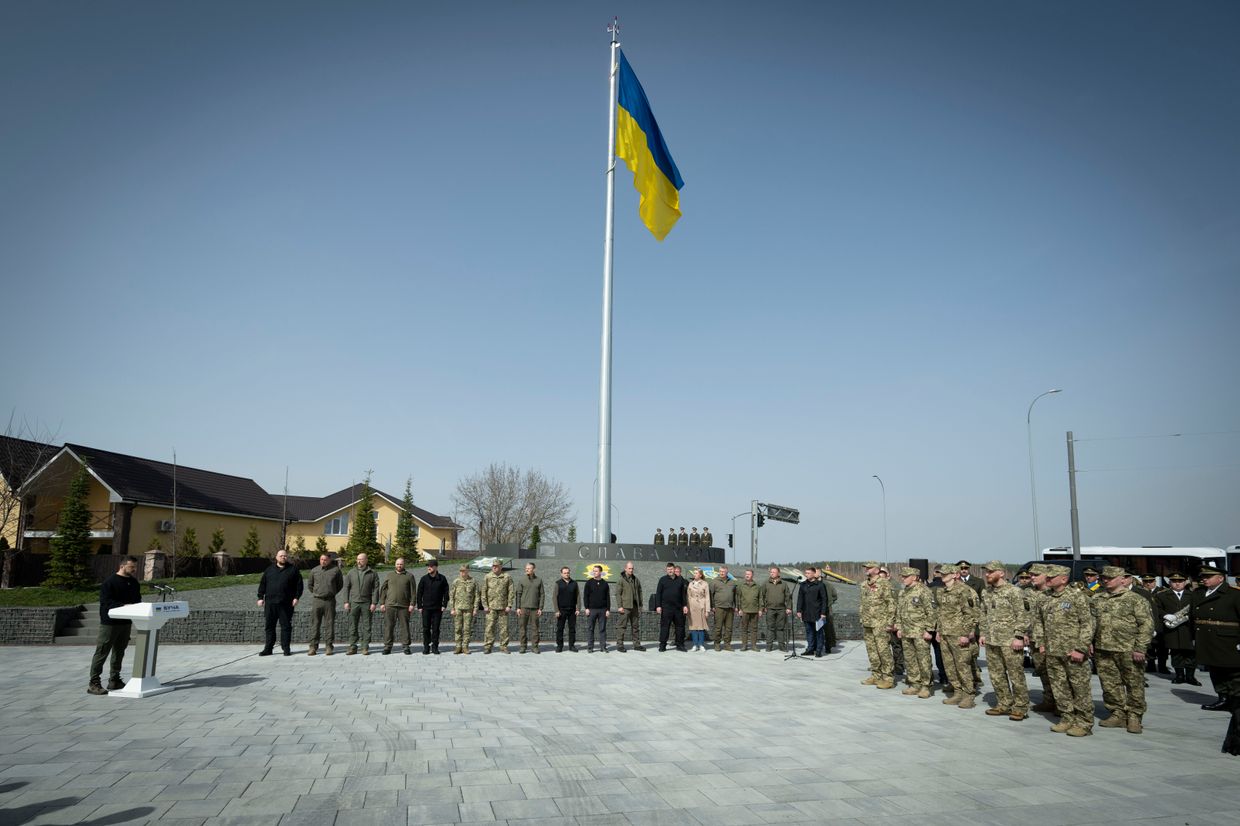
Neither the minister, nor other representatives of the Justice Ministry showed up at the committee’s meeting. Moreover, in his letter to the committee the Justice Minister Denys Malyuska assured that the ministry’s new proposals are agreed by our international partners from the IMF and the European Union.
However, the revised draft law from the Cabinet of Ministers doesn’t meet all requirements and Ukraine’s obligation within our programs on financial support with international partners. It also doesn’t consider the demands from business, in particular from the Business Council of the Presidential Office.
There are several provisions which have to be changed and added to the draft law to ensure real restart of the Bureau of Economic Security, in particular:
- The selection commission shall submit only one candidate for the position of director of the BEB to the Cabinet of Ministers for appointment.
- Strengthen selection procedures of BEB personnel by providing in the law stages of the competition and other tools for ensuring transparency and the merit-based nature of the process.
- The law should establish the decisive role of independent experts nominated by international partners in the attestation and selection commissions of BEB staff.
- Provide in the law definition and elements of integrity, as well as the standard of proof (reasonable doubt) in attestation and recruitment procedures.
- Align labor legislation with the law on BEB concerning grounds for dismissal of BEB employees due to unsuccessful attestation results.
According to the law, the draft law can be considered in the Verkhovna Rada no earlier than in seven days.
Other key economic issues
The Verkhovna Rada may vote for the draft law on mobilization on April 11.
On April 8, the Committee on National Security, Defense and Intelligence approved the final table of amendments for the second reading of the draft law #10449 on mobilization prepared by the Cabinet of Ministers.
The Verkhovna Rada may start to consider the draft law on mobilization already on April 10 and vote for it on April 11.
Considering the fact that more than four thousand amendments were submitted to the draft law and any of them may be reconsidered during the plenary meeting, the final version of the draft law may be analyzed only after adoption.
The Tax Committee approved for the second reading the draft law to close the scheme of illegal grain export.
The Committee on Finance, Tax and Customs Policy recommended for the second reading draft laws #10168-2 and #10169-2 which are aimed at stopping the illegal export of Ukrainian grain.
According to the Parliamentary Temporary Investigative Commission on Economic Security, “the Grain Corridor” has been used by bogus traders to export so-called “black grain” which was bought for cash or illegally harvested from state land for tax evasion and money laundering.
Due to the improper work of the BEB and the State Customs Service, the Ukrainian state budget loses at least Hr 10 billion ($257 million) each year.
The Tax Committee approved for the first reading the draft law on strengthening control over gambling business.
The Committee on Finance, Tax and Customs Policy recommended for the first reading draft law #9256-d which suggests liquidation of the Gambling Regulatory Commission due to inefficiency.
Among other provisions are restriction of advertising, launch of mystery purchases, monitoring of the Internet, adding more criteria for cancellation of licenses etc.
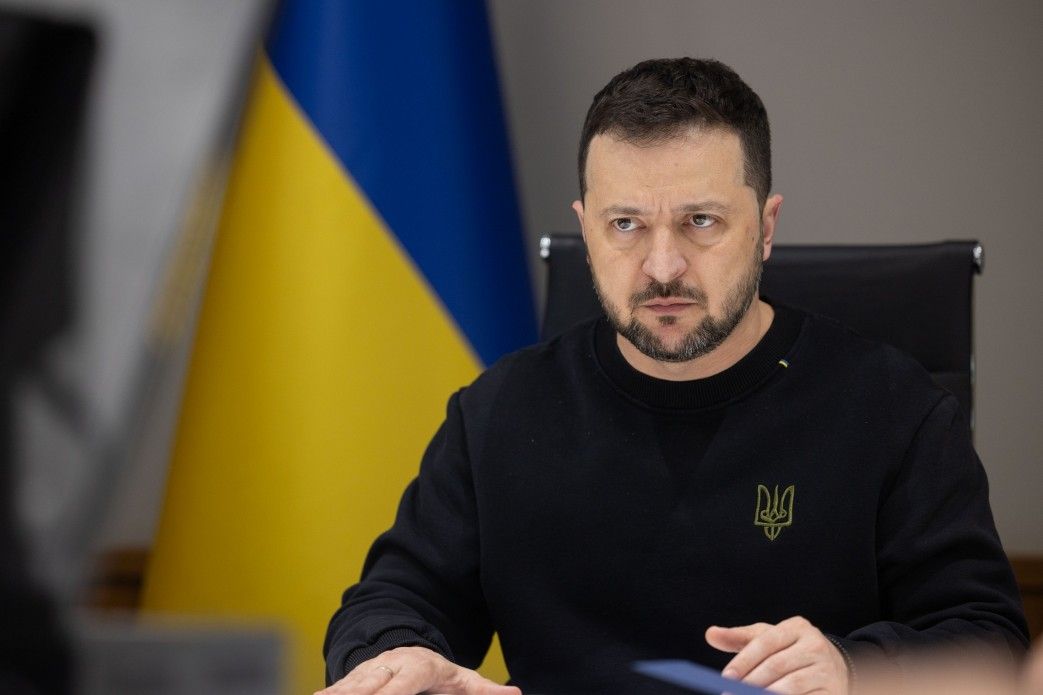
According to the Parliamentary Temporary Investigative Commission on Economic Security, the Ukrainian state budget loses at least Hr 20 billion $514 million) each year due to illegal gambling.
An advisor of the Presidential Office was detained on suspicion of organizing a corruption scheme.
The National Anti-Corruption Bureau of Ukraine and Specialized Anti-Corruption Prosecutor’s Office exposed an organized group at Ukrzaliznytsia state company that obtained Hr 94.7 million ($2.4 million) from the purchase of overpriced transformers.
Within this case, the leader of the group, co-organizer and two members were detained. NABU and SAPO suspect Artem Shylo, an advisor of the Presidential Office and the head of the counterintelligence protection department (department "I") of the State Security Service (SBU), in organizing the corruption scheme.
According to the investigation, the group organized the victory of a predetermined company in the Ukrzaliznytsiatender. In particular the SBU sent letters according to which other participants in public procurement were accused of posing a threat to national security and their proposals were rejected.
According to the information on the disposal of the Parliamentary Temporary Investigative Commission on Economic Security, it’s not the only case. There is evidence of such interference by the SBU, for example, in the process of obtaining NBU licenses and in the activities of the customs office.
As of now Artem Shylo was released on bail in the amount of Hr 30 million ($770,000).
The State Property Fund made 200 times more than expected during the privatization auction.
The State Property Fund sold the former prison at a privatization auction for almost 200 times more than the starting price. Starting price was Hr 149,000 ($3,839) while the final price reached Hr 29 million ($745,000). Forty-two participants took part in the privatization auction.
